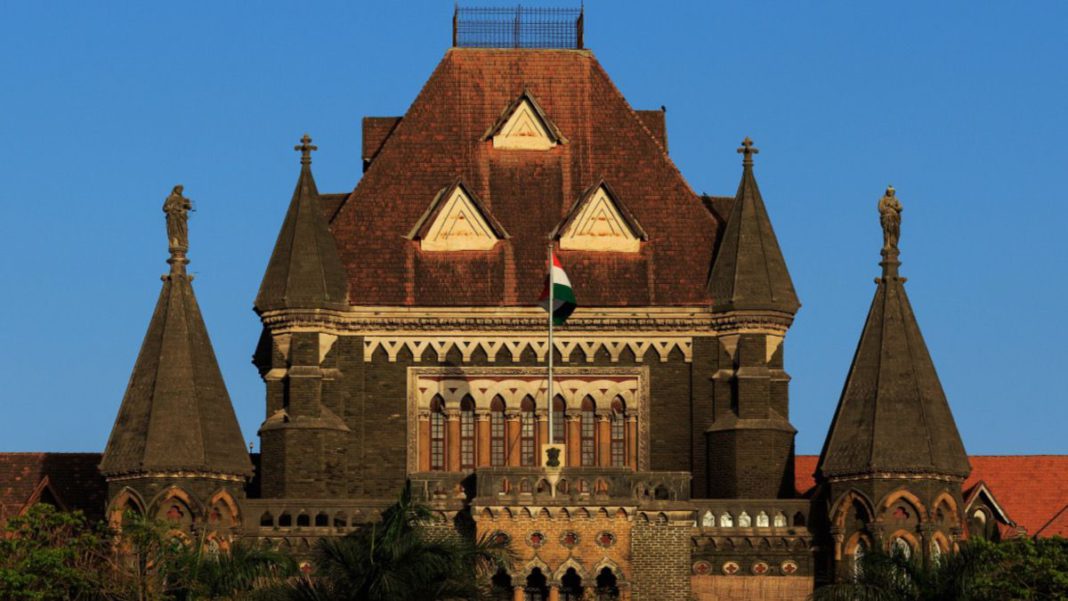INDIA: The Bombay High Court, in a ground-breaking ruling, has rejected a petition that aimed to impose a complete ban on Indian citizens, businesses, and organisations from collaborating with Pakistani artists, encompassing actors, singers, musicians, lyricists, and technicians.
A division bench comprising Justice Sunil B Shukre and Justice Firdosh P Pooniwalla emphatically asserted that the petition represents a “retrograde step in promoting cultural harmony, unity, and peace and has no merit in it.”
The petitioner, a member of the film industry, had requested directions from the Information and Broadcasting Ministry, the Ministry of External Affairs, and the Ministry of Home Affairs to issue directives for banning and restricting the issuance of visas to Pakistani artists working in India.
The petition made reference to the All-Indian Cine Workers Association’s (AICWA) resolution from the Pulwama terror attacks, as well as similar resolutions from the Indian Motion Pictures Producers Association (IMPPA) and the Federation of Western Indian Cine Employees (FWICE), all of which imposed a ban on Pakistani artists in the Indian film industry. The MNS Cinema Wing also issued warnings to filmmakers about employing Pakistani artists.
Advocate Vibhav Krishna, who represented the petitioner, put forth the argument that permitting Pakistani artists to work in India might result in discrimination against Indian artists. He asserted that the favourable conditions offered to Pakistani artists in India are not reciprocated for Indian artists in Pakistan.
As per Krishna, the ban is necessary to deter the potential exploitation of commercial opportunities by Pakistani artists in India, which could potentially hinder Indian artists from accessing similar opportunities.
The Bombay High Court, however, stressed the value of international peace and cultural compatibility and judged the petitioner’s position to be misguided. The court emphasised that unity and cross-cultural interactions should be fostered by patriotism rather than inciting animosity.
The court also highlighted that the resolutions adopted by private associations, while reflecting sentiments, held no legal authority and could not be mandated by judicial rulings. The judges affirmed that enforcing such bans would run counter to the fundamental rights safeguarded under Articles 19(1)(a), 19(1)(g), and 21 of the Constitution.
The court noted that the Indian government’s efforts to foster international peace and security, exemplified by their decision to allow the Pakistani cricket team to participate in the World Cricket Cup hosted in India, could be compromised if they entertained such petitions, as cited by Live Law.
The court further stated that endeavours that foster peace, harmony, and tranquilly—such as the arts, music, sports, culture, and dance—transcend national boundaries and foster peace both inside and between countries.
In September 2016, the Indian Motion Picture Producers’ Association (IMPPA) adopted a resolution to prohibit the employment of Pakistani actors in the industry in response to the Uri attack.
TP Aggarwal, the President of IMPPA, had stated, “(The) IMPPA in their 87th annual general meeting passed (a resolution that) no Pakistani will be hired by their producer members forever.”
The court reached the conclusion that the petitioner’s requests for issuing policy directives were outside of its jurisdiction, as it lacks the authority to instruct the government or legislature on the specific formulation of policies. Consequently, the petition was rejected, as per the Indian media portal.
Across the border, actors such as Fawad Khan appeared in prominent Dharma productions like “Kapoor and Sons” and “Ae Dil Hai Mushkil,” while Mahira Khan played a role in Shah Rukh Khan’s “Raees.” Singers like Atif Aslam and Rahat Fateh Ali Khan have previously lent their voices to Indian film projects.
Also Read: Aryan Khan Drugs Case: Sameer Wankhede Urges Bombay HC to Name SRK as Bribery Accused



